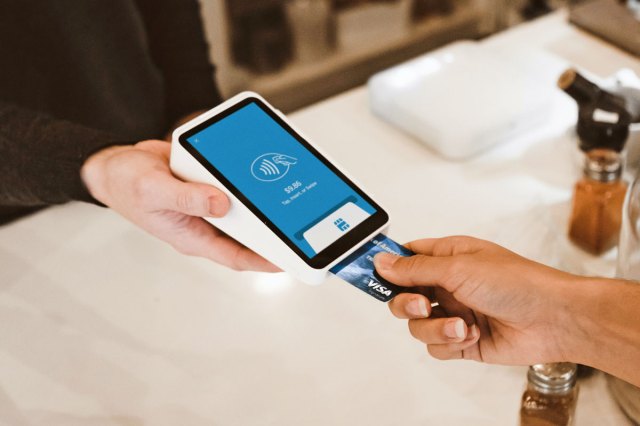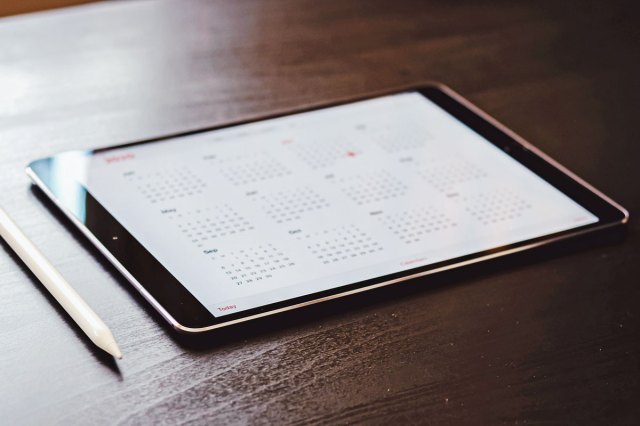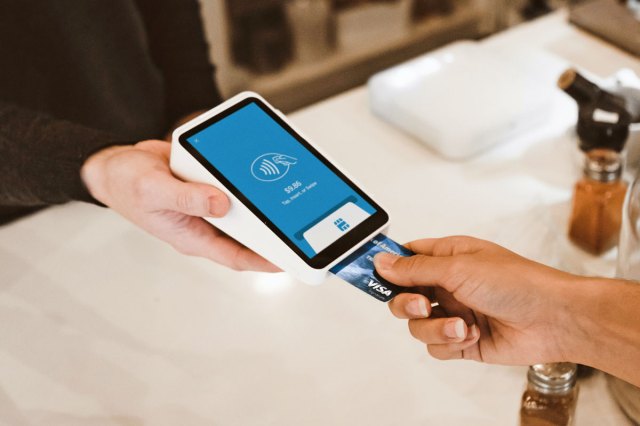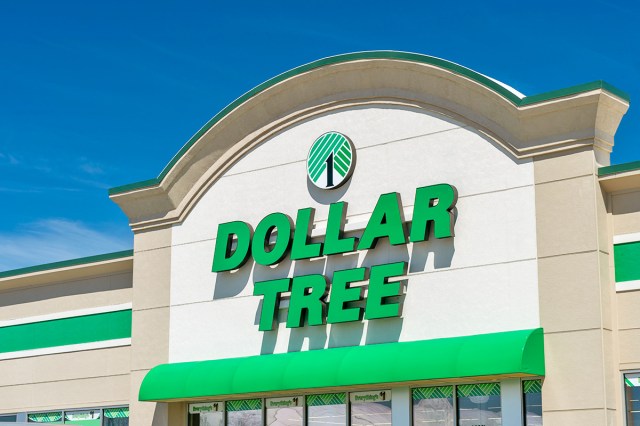Credit card debt is at an all-time high, increasing by 18.5% in 2022 to a jaw-dropping sum of $930.6 billion. The average balance rose to $5,805, with one analyst warning that the situation is nearing a “breaking point.” With that in mind, there’s never been a better time to start paying your balance off, so let’s start by exploring the absolute best time to pay your credit card bill.

Pay Attention to Your Credit Utilization Rate
In an ideal world, we would all pay off our balance in full every month and have perfect credit forever. That’s infinitely easier said than done, of course, which leads to some interesting workarounds — like putting a big purchase on our credit card and then immediately paying it off so we get the points but not the debt. Doing this too often can actually be harmful, however, as it has an adverse effect on your credit utilization rate, which accounts for 30% of your overall score. You want a lower utilization rate for the most part, but not a rate of 0% — this makes it look like you aren’t using your card at all and therefore have no actual credit history for the credit bureaus to analyze, which they ding you for.
Your payment history, meanwhile, makes up 35% of your score, which raises the question: When is the best time to pay your bill? In general, the optimal strategy is to wait until you receive your statement and pay as much of it as you can — all of it, if possible. It’s also important to not regularly use more than 30% of your credit limit. If your limit is $10,000, for instance, try not to put more than $3,000 on your card in a single statement period. (Some people think that 30% is the goal, but it should actually be thought of as a soft limit.)

The Three Important Dates
There are three dates to be mindful of when it comes to credit card bills: statement date, due date, and reporting date. The first two are fairly straightforward, with your statement date being the day that your card issuer compiles all your activity over the last month and tells you how much you spent (and anything that happens after this date rolling over to your next statement); the due date is when you have to pay the minimum amount due. Failing to do so will result in late fees and is the surest way to lower your credit score. As for reporting date, that’s when your card issuer reports your outstanding balance to the credit bureaus — and, unlike the other two, it’s not listed on your bill.
While paying on or just before your due date is fine, there are benefits to doing it early. The most important of these is limiting or even eliminating interest, which is calculated using your average daily balance. Say your monthly bill comes out to $1,000, a nice round number. If you pay $500 off on the last possible day, your daily balance will have been $1,000 for 29 days and $500 for one day — an average of $983. If your interest rate is 10%, you’ll owe $9.83. But if you paid that $500 halfway through the month, your daily balance will have been $1,000 for 15 days and $500 for the other 15 — an average of $750 and interest of $7.50. That’s only a difference of $2.33, but it’s a significant drop in terms of percentage and can add up over time.

Auto Pay Is Your Friend
If your situation allows for it, a good way to remember all this is to simply set up automatic payments so your bill is paid at the ideal time every month. If that’s not a possibility for you, just do your best to be mindful of these best practices and don’t let the credit bureaus get you — and your score — down.
Feature Image Credit: Clay Banks/ Unsplash
More From Our Network
Better Report is part of Optimism, which publishes content that uplifts, informs, and inspires.














